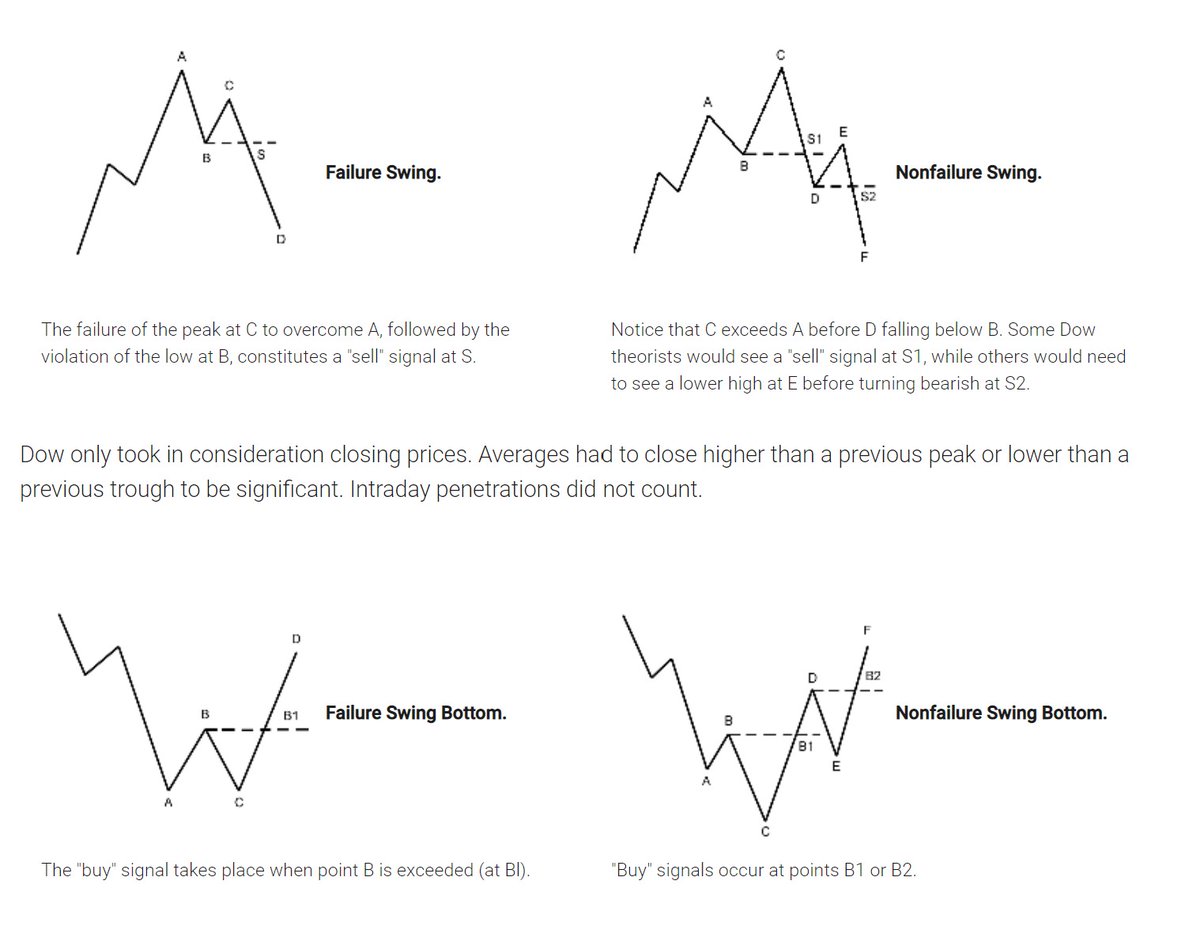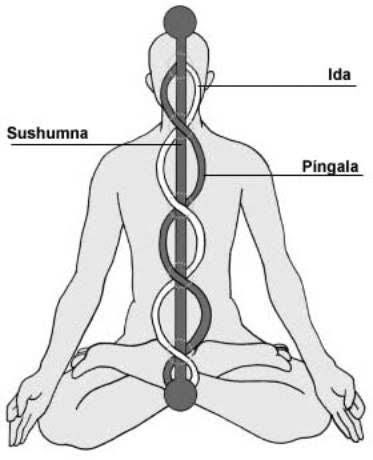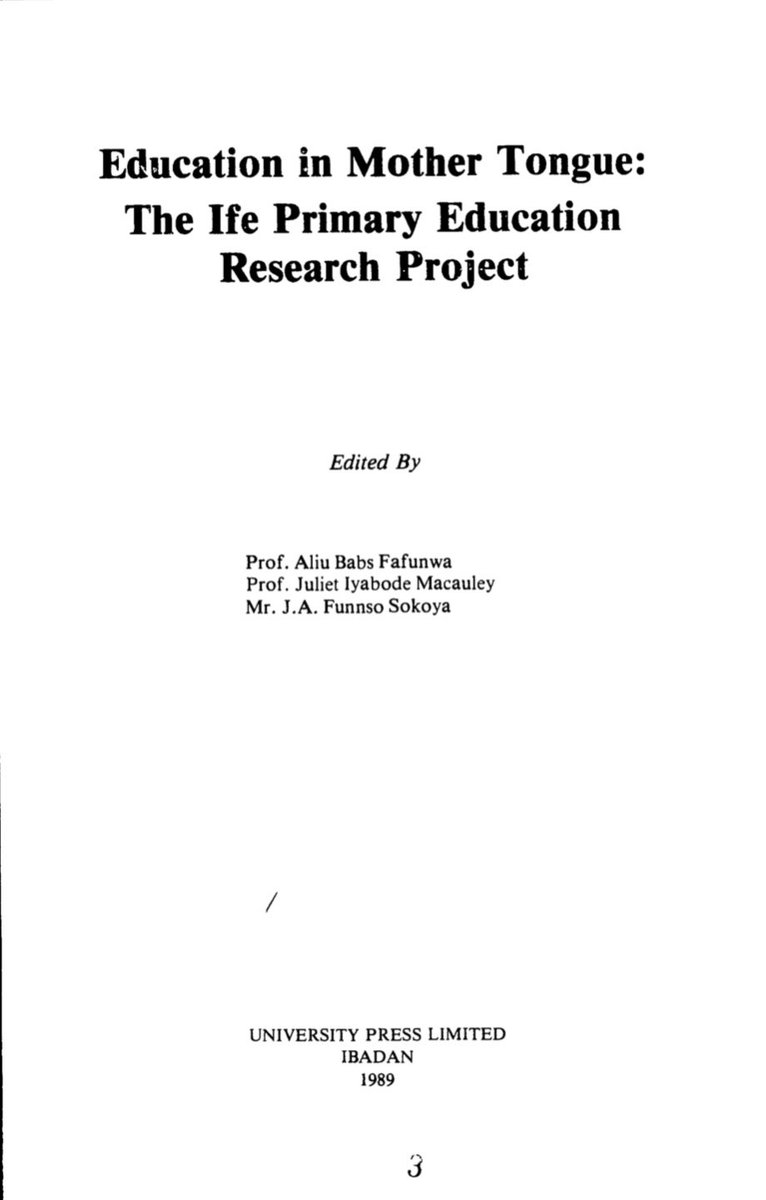The elections in Bavaria show that the German political system, which has long seemed reasonably stolid, is in enormous flux at the moment.
A thread with four lessons. (Just wait till you get to Number 4! 😉)

Anyone who tries to sell that as a success for the liberal left is kidding themselves.
That narrative is certainly confirmed today, with the SPD in single digits.
But...
This is the CSU’s worst result in history. It comes at a moment when its sister party, Angela Merkel’s CDU, at 26%, polls worse than at any point since the 1950s.
But the Greens overwhelmingly drew voters from the SPD. So this is not the rise of a new kind of politics; it’s a realignment within the center-left camp.
Historically, Social Democrats have done so well by holding together a coalition of working-class voters (e.g. steelworkers) and the liberal bourgeoisie (e.g. teacher, university students, civil servants, artists).
Working-class voters are flocking to right-wing populists. The liberal bourgeoisie feels better represented by cosmopolitan parties like the Greens.
Cosmopolitain parties that don’t have to serve working-class voters have much more traction with the liberal bourgeoisie.
Parties like the Greens are very well set up to serve the ~20% of the education that is educated, reasonably affluent, predominantly urban, and pretty cosmopolitan in values.
More from All
Took me 5 years to get the best Chartink scanners for Stock Market, but you’ll get it in 5 mminutes here ⏰
Do Share the above tweet 👆
These are going to be very simple yet effective pure price action based scanners, no fancy indicators nothing - hope you liked it.
https://t.co/JU0MJIbpRV
52 Week High
One of the classic scanners very you will get strong stocks to Bet on.
https://t.co/V69th0jwBr
Hourly Breakout
This scanner will give you short term bet breakouts like hourly or 2Hr breakout
Volume shocker
Volume spurt in a stock with massive X times
Do Share the above tweet 👆
These are going to be very simple yet effective pure price action based scanners, no fancy indicators nothing - hope you liked it.
https://t.co/JU0MJIbpRV
52 Week High
One of the classic scanners very you will get strong stocks to Bet on.
https://t.co/V69th0jwBr
Hourly Breakout
This scanner will give you short term bet breakouts like hourly or 2Hr breakout
Volume shocker
Volume spurt in a stock with massive X times
You May Also Like
So friends here is the thread on the recommended pathway for new entrants in the stock market.
Here I will share what I believe are essentials for anybody who is interested in stock markets and the resources to learn them, its from my experience and by no means exhaustive..
First the very basic : The Dow theory, Everybody must have basic understanding of it and must learn to observe High Highs, Higher Lows, Lower Highs and Lowers lows on charts and their
Even those who are more inclined towards fundamental side can also benefit from Dow theory, as it can hint start & end of Bull/Bear runs thereby indication entry and exits.

Next basic is Wyckoff's Theory. It tells how accumulation and distribution happens with regularity and how the market actually
Dow theory is old but
Here I will share what I believe are essentials for anybody who is interested in stock markets and the resources to learn them, its from my experience and by no means exhaustive..
First the very basic : The Dow theory, Everybody must have basic understanding of it and must learn to observe High Highs, Higher Lows, Lower Highs and Lowers lows on charts and their
Even those who are more inclined towards fundamental side can also benefit from Dow theory, as it can hint start & end of Bull/Bear runs thereby indication entry and exits.

Next basic is Wyckoff's Theory. It tells how accumulation and distribution happens with regularity and how the market actually
Dow theory is old but
Old is Gold....
— Professor (@DillikiBiili) January 23, 2020
this Bharti Airtel chart is a true copy of the Wyckoff Pattern propounded in 1931....... pic.twitter.com/tQ1PNebq7d






















